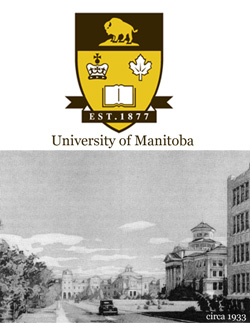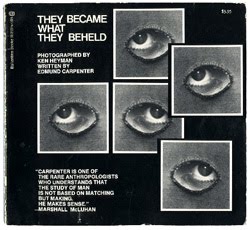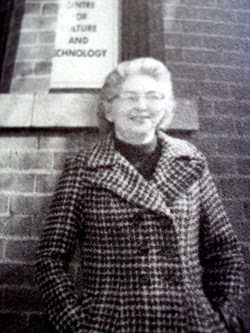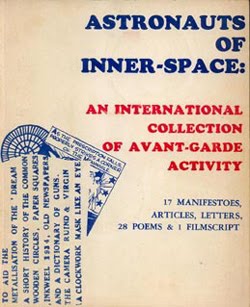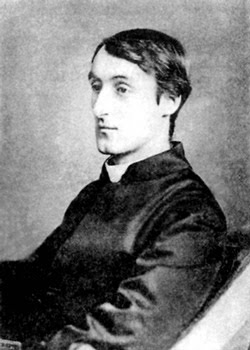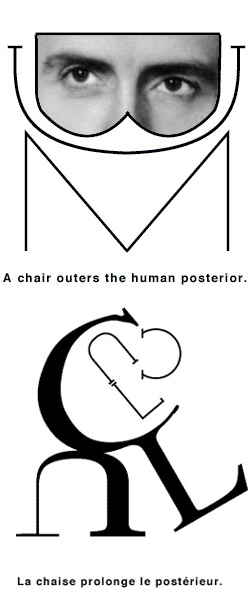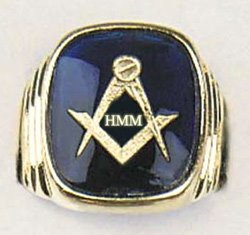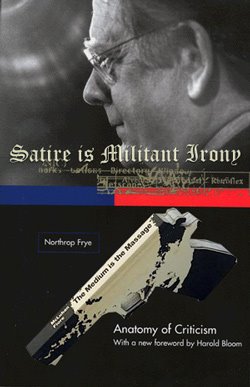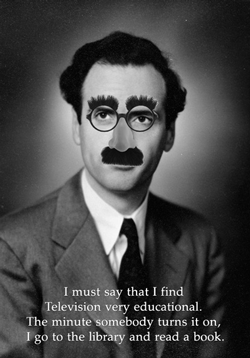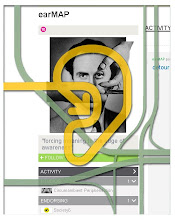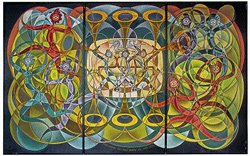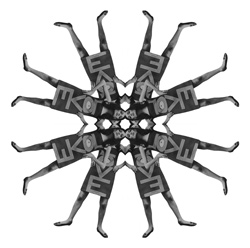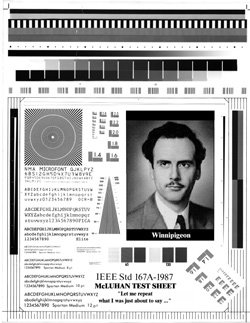
poet, trickster, Mennippean satirist, rhetorician, media phenomenon, prepostmodernist, theorist
Pursuing a strategy utilizing insights of the French symbolists, Joyce, and Nietzsche, in which closure should be anathema, while continuing to stress simultaneously that he was a true believer seeking the integrity of a renewed medieval universalism and that professionally he was an "objective," "scientific" observer and recorder of facts, he attracted groups that would stress his pragmatic approach to modern media mania; groups that would promote his essentially Catholic image; groups that would see him as the epitome of the avant-garde looking to the future; and groups that would condemn him as the maverick of a serious pursuit of the study of communication and its history. And he delighted in the ambivalence he created!
According to Theall, McLuhan was an early practitioner of: Cultural studies: "to work with McLuhan was to live in a continuity of poetry, novel, painting, sculpture, classical music, advertising, science fiction, comics, radio, jazz, and other such forms a decade or more before the birth of 'cultural studies.'"
Theall sees McLuhan as a poète manqué and described his works as "essais concrete."
his stance as a Mennippean satirist, his abiding interest in the gnostic and the occult, his use of the tetrad scheme throughout his writings, and his links to French structuralism and cyberculture theory
Theall carefully locates McLuhan as a transitional figure, grounded in modernism but a clear forerunner to postmodernism, and he illuminates the ways in which Roland Barthes, Deleuze and Guattari, and most obviously Baudrillard were influenced by McLuhan
Theall consistently returns to his argument that McLuhan should be understood as a satirist and poet rather than a theorist, and that McLuhan was more influenced by artists than scholars, and in turn had a greater impact in literary and art circles than scholarly circles.

The Virtual Marshall McLuhan
A Review By Frank Zingrone, York University (Toronto)
The Virtual Marshall McLuhan, Donald F. Theall
McGill-Queens University Press, 305 pp.
(with a historical appendix by Edmund Carpenter)
Everything about Marshall McLuhan is paradoxical. He knew this about himself and made much of it as an attention-getting strategy even to the point of appearing to be a trickster, an artist of sorts. Like a Dadaist or Surrealist, who were antagonistic toward middle class society in the avant garde Bohemian tradition of épater-le-bourgeois common to anyone wanting to gain broad attention, McLuhan `twitched the burghers' of establishment values far and wide almost globally. McLuhan noticed first and best how electric process was changing society and individuals.
I know of no one who understands McLuhan's electric and eclectic vision better than Donald Theall. As McLuhan's first and most important Ph.D. student and close associate from 1950-54, Theall was let in on the complex developments that produced the Explorations Group, the Ford Foundation study that led to Understanding Media, and the establishment of Toronto's Centre for Culture and Technology in the early sixties. Theall was privy to the developing relations between Harold Innis, Tom Easterbrook, Edmund Carpenter, Dorothy Lee and the rest of this historically significant association.
A true understanding of the coherence of McLuhan's vision is extremely rare. Theall brilliantly explains McLuhan's , unseemly, popularity with his understanding of the early virtualizing role of the intellectual in the electronic age:
Speaking about some remarks of the classical eighteenth-century father of capitalist economics, Adam Smith, ... McLuhan argues: "in this passage Smith does seem to sense that the new role of the intellectual is to tap the collective consciousness of `the vast multitudes that labour.' That is to say, the intellectual is no longer to direct individual perception and judgment but to explore and to communicate the massive unconscious of collective man. The intellectual is merely cast in the role of a primitive seer, vates or hero incongruously peddling his discoveries in a commercial market. (Theall. 208)
This is an example of the deep understanding that only Theall can bring to McLuhan's work. After McLuhan has described himself, to Ezra Pound, as "an intellectual thug," and gives his reason for being satirical and disinterested in society: "Everyman of goodwill is the enemy of society."(McLuhan, 1962, 269) This seems a deeply conservative view of one's fellow citizens - original sin as politics.
Theall sees McLuhan as a new kind of artist, who produces what Theall calls the "essai concrete," a poetic prose that captures the multiplexed meanings of the electric worldview. McLuhan , like Joyce is constantly punning - a strategy for multiplying meanings.. He was never definite or linear like a list of either/or oppositions (even though he was maddeningly dichotomous in some of his statements), so much as dedicated to a both/and approach to events - medium and message together.
Theall, is one of the few who know the deep scholarly background to McLuhan's critique of contemporary culture and he is incisive in his understanding of McLuhan's profound ambivalence in the face of traditional intellectual categories. McLuhan seems neither moralizing conservative nor countercultural guru. Being partly both, he transcended both in his electric odyssey, and toys with post-modernism by becoming beyond himself a virtual icon.
Theall, and very few others, perceives the darker side of McLuhan, his arcane knowledge which derives from his Cambridge Ph.D. studies in the hermetic tradition of the early grammarians - characters from Cicero to Blake through Cornelius Agrippa and Joachim de Floris. The Hermetic implications of the dissertation on Nashe show an earlier interest in such ideas. In short, I know of no one better able to comment credibly on the multi-faceted genius of McLuhan: the artist, the satirist, the exploring pioneer of the electric world in all its complex diversity and amazing revelations.
Anyone who worked closely with Marshall McLuhan took their intellectual lumps. He was capable of great kindness and generosity but stood adamantly] against any meddling with his work unless powerful new perceptions were presented to him. Without mentioning Yeats and his famous reluctance to explain his poems because ("it tends to limit their suggestibility") McLuhan's position is deftly handled by Theall who worked very closely with the master. "My canvasses are surrealist, and to call them theories is to miss my satirical intent altogether. As you will find in my literary essays, I can write the ordinary kind of prose any time I choose to do so." (Theall, 67)
The quite deliberate difficulties in McLuhan's writing are rooted in his taste for paradox and rhetorical play. The artful ambiguities that arise from this approach Theall is better than anyone to convey. He produces a brilliant insight: "The power of ambiguity to imply more than can be said and the power of juxtaposing items without comment to intensify observation are two strategies McLuhan had learned from Pound, Eliot and F.R. Leavis. (Theall., 68)
Some of Theall's best observations deal with McLuhan's proclivity for an allusive and aphoristic prose style that goes way back and is rooted in classical literature. His knowledge of the obscurity of surrealism, modernist symbolisme, and high modernist post-symbolism ... reinforced and radicalized lessons he had learned earlier from Francis Bacon's observations about the advantages of a deliberately obscure, parabolic style - what Bacon called crypsis... . (Theall., 68)
The Virtual McLuhan has both scope and depth of understanding from perhaps the one scholar whose knowledge of McLuhan's genius is based on his own and his intimate almost filial relationship with the great men. The chapter "Gnosticism, Hermeticism and Modernism" is a first in bringing the darker McLuhan into fine focus. Fitted out in the robes of precursor it is possible to see McLuhan as Theall presents him as anticipating cyberspace, postmodernism and the Internet. His prescience is well marked and displayed by Donald Theall in this excellent, sine qua non, treatment of McLuhan the man and the multiplex and dynamic ideas which remain alive and are extended beyond the original in Theall's hands.















![et cetera : LOVE [1977]](https://blogger.googleusercontent.com/img/b/R29vZ2xl/AVvXsEgQ8s7vwLQuzHDNgqlfBacxRkEbOErToak9kmgFl0VmyIYEqS9qIzNIVcXKpzTncPhqo3TSgOyztAguIW6OlXw65aFHmpx6cRzmvCUQQMTwUGUOd0iE0GbJakEc3g3kBAJrvlZP4z3eesg/s1600/etc1977.jpg)









![MAC LUHAN [sic] : LOST IN TRANSLATION](https://blogger.googleusercontent.com/img/b/R29vZ2xl/AVvXsEg92tMqBMDA917NDivsS2ZwIirx9KTf24tOCgFFnK65p7Hw5dvqEh1e2aefCynj2UW8u-k8zwBXbjgypsCXUcv-5G7ZCsyDB13giHEjmhVISAeW-oI_JV6ePOXW_XBDPwy2nREAoqRU7Z8/s1600/MAC.jpg)






















![Les Yeux De Nadja [unpublished]](https://blogger.googleusercontent.com/img/b/R29vZ2xl/AVvXsEgrXohpIuxxYyjKoqBSQf3TpYGjnttZnjRFvmMdshadfnVKi7PMAjIqEuqYctZFXOFH2n-oH75oJx-YkaON7xvaZgVdvaK0zfSOurEmCKqmWF6qXh2F3VbqyixfGhvY4qH6LENMTs1wCIw/s1600/2xsurreal.jpg)
















![PIED PIPERS [MARSH] ALL](https://blogger.googleusercontent.com/img/b/R29vZ2xl/AVvXsEhqvGIGG9lWZYhFZRVc_V8EJG2apQBsys4kNQOQsA0EV6H6Tg-SMN0sX15NXy_GzsF3xAUdcb2QlfvJk-RU-Rha-3Eu5Mnglkf5KLe6pccVqAP4VR_Gi4fGQ716QSmDe3Zna5Uwct5d2sw/s1600/piedPiperMarshALL270.png)






























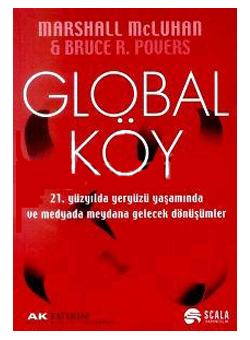




























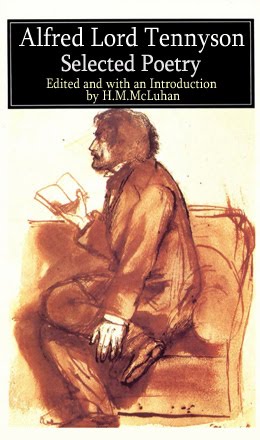

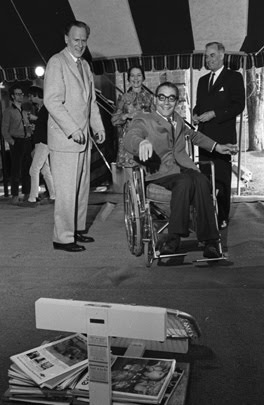




![PICNIC IN SPACE : The Great Minds of Our Time Film Series [1973]](https://blogger.googleusercontent.com/img/b/R29vZ2xl/AVvXsEjyov75DRIUBWcYLkzPYmupFy8CQ9dQ4Q798zDIN6jPNsSdBB_WuOcvPl4WjMAz10csG071oCO3BCUtIcKyHoIkCN0lCy0OxGCV_HrLXrGNKRpUiKMrqzkJh4LSc7jT_KrrqmClapSlVa8/s1600-r/PicnicInSpace.jpg)


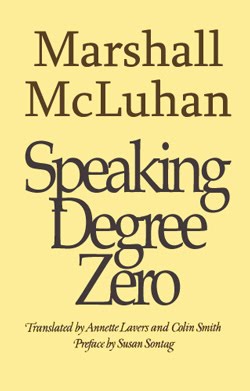






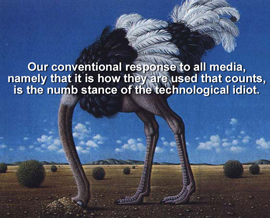


















![more Hidden ground [re:Bride] : the "flippancy" of tone seemed just "right"](https://blogger.googleusercontent.com/img/b/R29vZ2xl/AVvXsEg-hQyF9KGGhKYc73nUGmV1bStJ4fTJVh0-TL1ZtikLZEv5ppjhB3DOhFcVuzGq-kByrwtTAWgCcE173pA3UTIPe7h6xJjsPt7lRvNym007ZsdXenMDLNimKcwtaTOqkGleoxmXOeCKtxXL/s1600-r/LEAVISLEWIS.png)
















![BABA WAWA [TODAY SHOW, Toronto City Hall 1970]](https://blogger.googleusercontent.com/img/b/R29vZ2xl/AVvXsEjTZAIFkA07K36WGk951vmZnLPU99fOdNzlvVhyphenhyphenhKZEKu2n2AW5EA1CDZGaTk0aYRXUv7IOXG39igaikoE6SWm8j7QIG96wYRE54oBXwvlaNCJzp15vdkrcqR97IMMny-8sHjM-VDotTOaY/s1600-r/babaWawa.jpg)

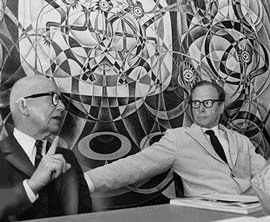

![enter the dragon : "typhon in america" [unpublished]](https://blogger.googleusercontent.com/img/b/R29vZ2xl/AVvXsEjdCnZdJ6JbaLc6hyUmUJo5UJ0m8WZSj_afYU9oRlHKIUgAIfcy2EPHNAptSRYEAmpOf0Xaa0B8iMgOTF302lY0Xmbyne0hvrdRyNo-t0Q-PPdzqX39uI3T5x5FppRPaQf9sSaXytrOpWVN/s1600-r/TIA.jpg)




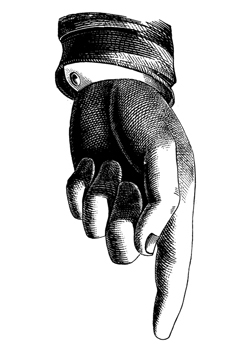






















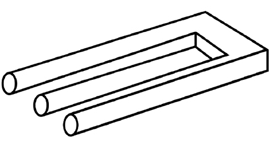









![Take Today [1972] : "the consumer becomes a producer..."](https://blogger.googleusercontent.com/img/b/R29vZ2xl/AVvXsEhA53bdVdTaXdQo1fDmrsI8oiAwF-3jampcanOq8uk3QMh8_ImkNsTiKd4-RnZY8Vbwqh1fymJiyCl1CSLcSonXHQM6XbnJYQi_Vu89gbAV4jVq73EtlbM3w6CthyphenhyphenV_pHEjE6eu_VhC489u/s1600-r/PROSUMER.jpg)








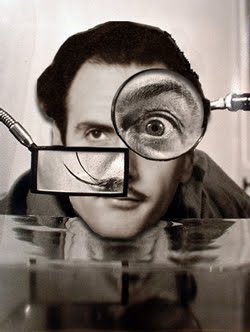















































































![" Outtragedy of poetscalds!, Acomedy of letters " [ FW 425.24]](https://blogger.googleusercontent.com/img/b/R29vZ2xl/AVvXsEhJMrJLN3oPUb25A2tjQtWZcZxA4wZB0IOvaIAvxosAUqlFc258HHvzvlnHHvKhKq7hG3epo76izY2Bu0HC3Cy-8S46Rf0Wni3L8j8jEfpT7sXK3UFlXBMtN2v2JdrmdxvWk8VWKjkhN4-9/s1600-r/preplexLP.png)







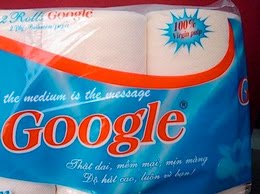



![mars[HAL]9000 : " Tomorrow is our permanent address."](https://blogger.googleusercontent.com/img/b/R29vZ2xl/AVvXsEhmblupqmUiuV3GbyayJiDRGEO63TEgwjHi-i8b0kVYDvXrKFWTCyl-e21la4QJXC4nDFDzx51Omi6fYPLJcqRHFoP6zSsL0CVZF98eMf6mxCE2WDfvMmT4q9G3X45-P0IYGDmliE0fCR3C/s1600-r/marsHAL9000_250.jpg)












































































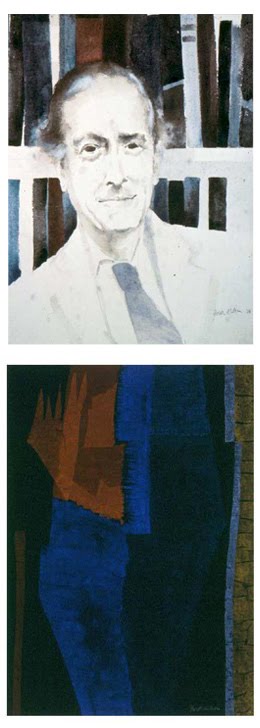















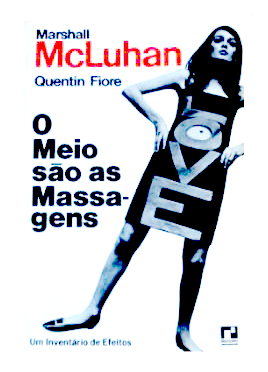





































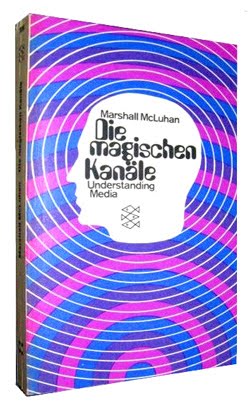
























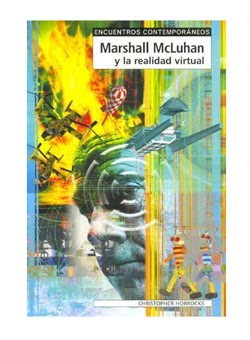




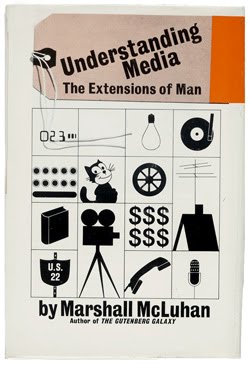









































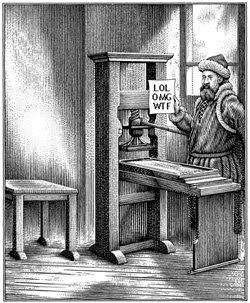








![Lucifer [from Latin] <br>meaning "light-bearer"](https://blogger.googleusercontent.com/img/b/R29vZ2xl/AVvXsEhq-2kZZOfh-Syv1Ewa0Ns2O6ZeP59pcsJp9ihhKcXCaovYZO_cKxffC5iSKOXFHr6E1jiHc6zedt1U6I95831RgpVdm3qk8-9C3y1yPyrCiQe4jgx-DsbeHnjKnw9t6Qx3ZM5TSYxiPj5H/s1600-r/lucifer.png)


